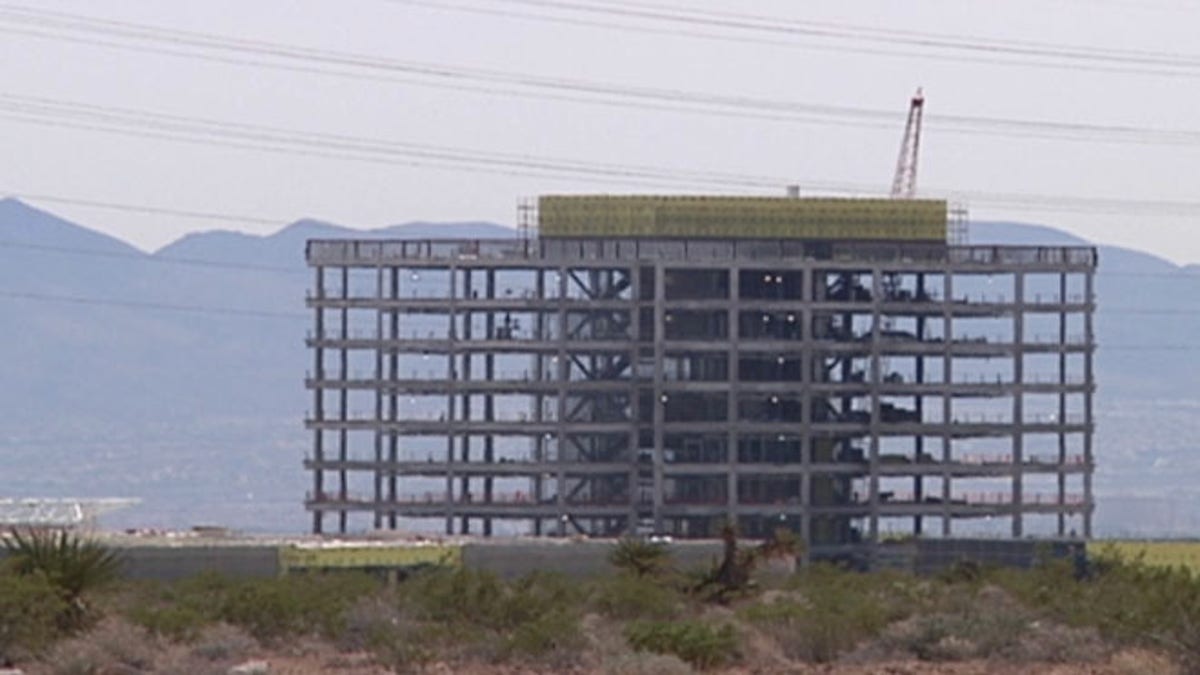
In an unfortunate twist-of-fate, the city that was hit so hard during the recession is now struggling to find workers as projects start to pick up once again.
“Although we tend to associate the relatively high unemployment rate in the area (seven percent) with the idea that construction hasn't rebounded, many construction firms report difficulty finding workers,” said Stephen Brown, senior economist at the University of Nevada, Las Vegas.
Fifty percent of construction firms in Nevada report they are having trouble finding qualified craft workers to fill key spots, according to an industry-wide survey released by the Associated General Contractors of America (AGC).
The AGC report indicates as many as 80 percent of employers say they can't find skilled workers like plumbers, carpenters and roofers—even though the Vegas market lost up to 100,000 jobs during the recession.
“One of the consequences of boom-bust cycles are shortages of workers, building materials and developed land when the demand for newly developed property strengthens,” Brown said.
Surprisingly, some analysts say the initial construction boom before the 2008 economic collapse might be to blame.
“When Las Vegas was at the height of its construction boom, contractors were hiring less- qualified workers with the idea that they could be watched, trained and supervised by more experienced workers,” Brown said. “The firms are no longer hiring those less-qualified workers.”
Brown said another contributing factor was that some of the qualified workers left the area when securing permanent work became too much of a gamble.
“People do not like being subjected to such employment swings,” Brown said. “Some construction workers shifted to other lines of work. Many others--particularly those with ties to Mexico--have left the area.”
The negative impact of the labor shortage has the potential to expand beyond the construction industry. It could translate into people paying more for homes, land and ultimately impede the city’s odds of a full recovery.
“A shortage of developed land, building materials and workers will inevitably lead to rising prices for new construction and then for existing homes,” Brown said.
Harmony Homes, a southern Nevada homebuilder that’s sold more than 1,900 homes since 2008, says it is one of many developers that could be affected.
“The shortage of skilled labor can cause delays in project timelines, which in turn can reduce the profit a project is projected to make, which then impacts re-investment into new projects,” said Robb Beville, Harmony Homes president. “The labor shortage also impacts the buyers, as the scheduled delivery dates can often be pushed back by weeks.”
Ken Simonson, chief economist for the AGC, warned the state’s workforce challenges are likely to get more severe over the coming months.
Simonson said 88 percent of firms expect it will remain difficult, or get even harder, to find qualified craft and professional workers during the next 12 months.

